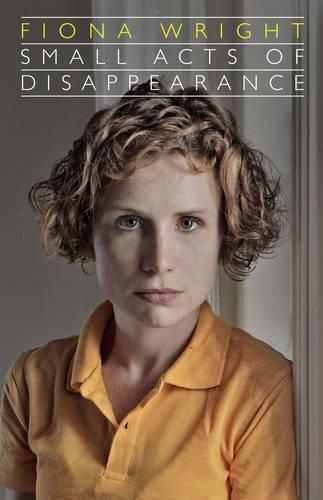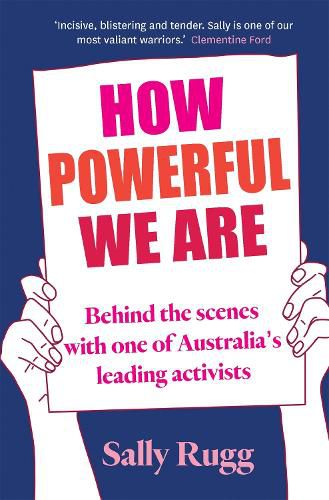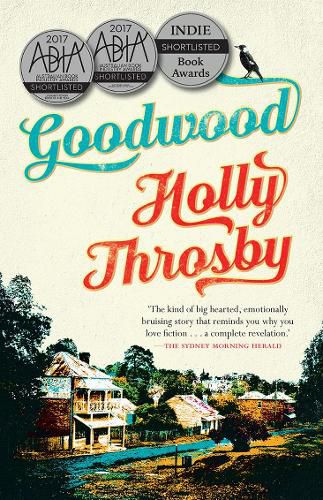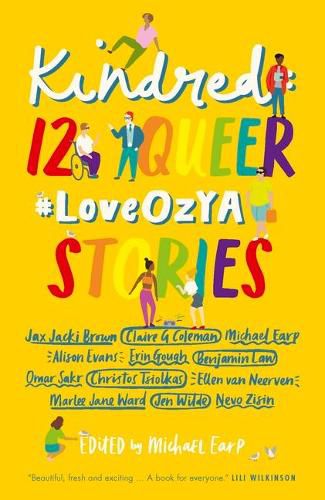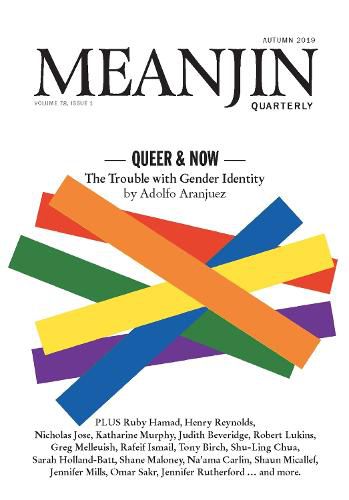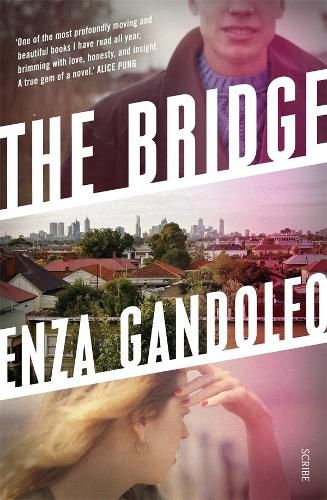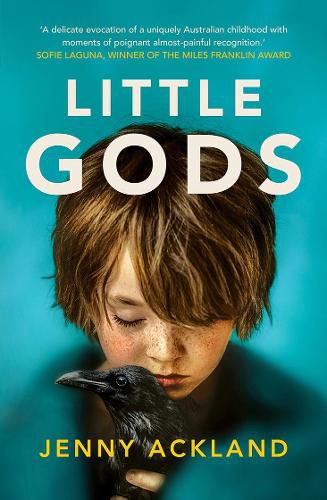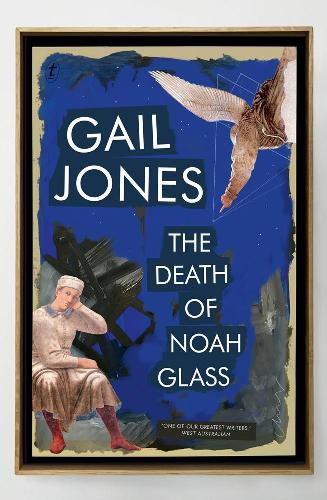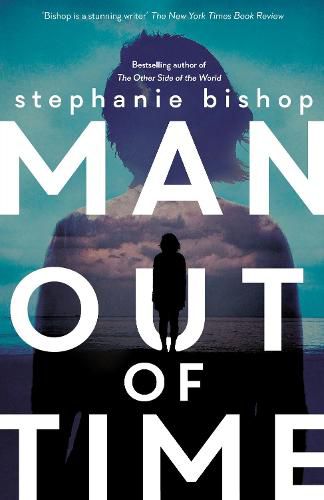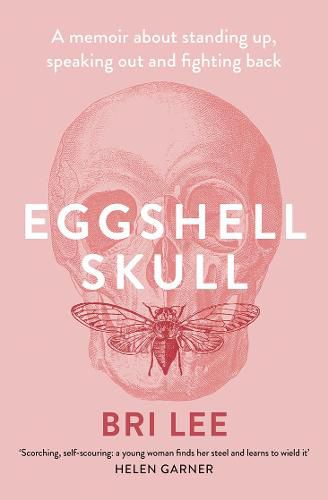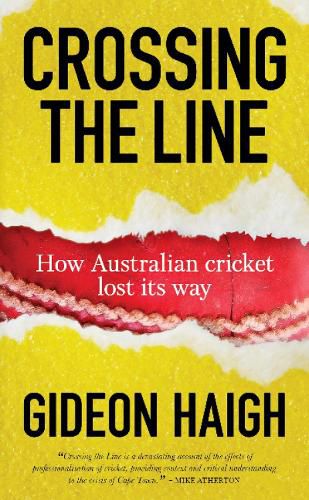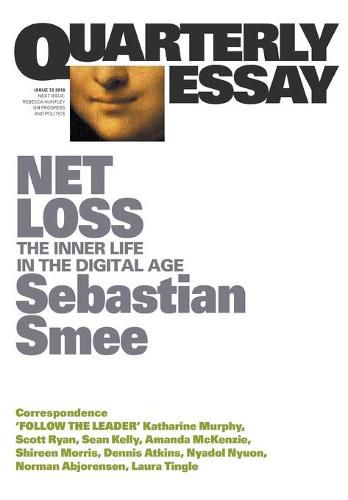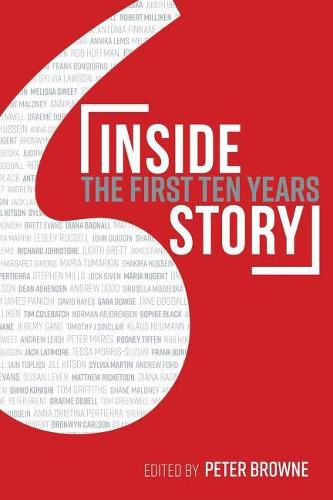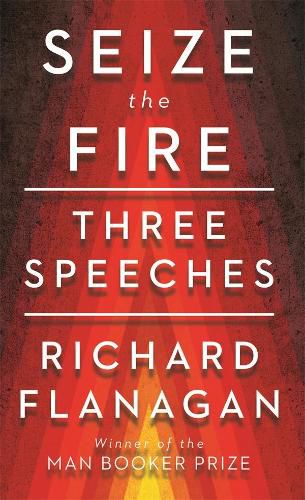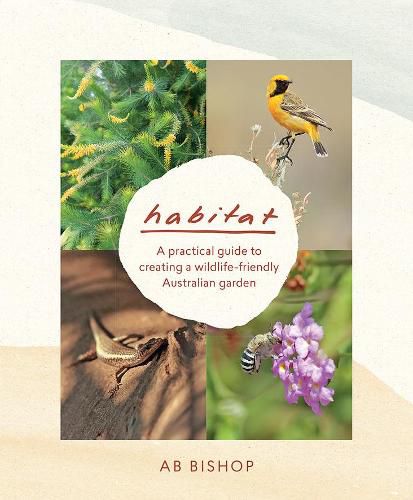The World Was Whole
Fiona Wright
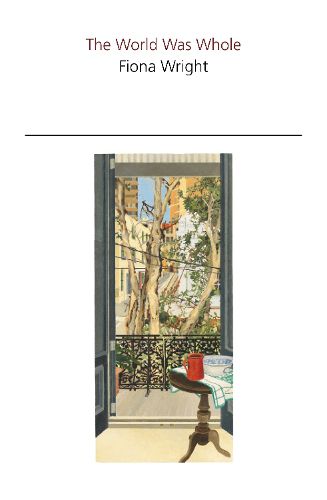
The World Was Whole
Fiona Wright
Our bodies and homes are our shelters, each one intimately a part of the other. But what about those who feel anxious, uncomfortable, unsettled within these havens? In The World Was Whole, Fiona Wright examines how we inhabit and remember the familiar spaces of our homes and suburbs, as we move through them and away from them into the wider world, devoting ourselves to the routines and rituals that make up our lives. These affectingly personal essays consider how all-consuming the engagement with the ordinary can be, and how even small encounters and interactions can illuminate our lives.
Many of the essays are set in the inner and south-western suburbs of a major Australian city in the midst of rapid change. Others travel to the volcanic coastline of Iceland, the mega-city of Shanghai, the rugged Surf Coast of southern Victoria. The essays are poetic and observant, and often funny, animated by curiosity and candour. Beneath them all lies the experience of chronic illness and its treatment, and the consideration of how this can reshape and reorder our assumptions about the world and our place within it.
Review
Bronte Coates
This is the second non-fiction book from acclaimed Australian writer Fiona Wright. In 13 essays, she delves into the spaces we inhabit – our bodies and our homes – and explores what it means when these shelters become destabilised.
Wright is concerned with the ordinary details of life, with routine and disruption and by embracing the fluidity of the essay form, bringing together memoir, social commentary, cultural studies, poetry and more, she gives us a work that is at once specific and expansive. The World Was Whole is less self-contained than Wright’s earlier collection, Small Acts of Disappearance, which centred on the author’s eating disorder. Here, her illness is considered in the context of the domestic sphere, both from within it and outside of it. While the book is largely set in the suburbs of Australian cities, we also travel overseas – to the volcanos of Iceland, the thriving public spaces of Shanghai. Themes overlap throughout the work, revealed in the small moments that echo one another across different essays. I’m constantly awed by Wright’s capacity for empathy; reading her makes me want to be a better person.
Sections of this book are harrowing; Wright’s intimate relationship with her illness is laid bare and there are no easy answers to be found. I cried in ‘The Gravity Problem’ when she reflected on learning to accept her illness as chronic, on leaving what she calls ‘the rhetoric of recovery’ behind: ‘I’m still hoping, even as I recognise it as one of the great deceptions of the disease, that I might transcend my body and its weaknesses entirely.’ But it’s important to note that The World Was Whole is far from being unhappy. The essays are animated by Wright’s humour and honesty, by her imagination and her evident love of language. Some moments are radiant with pleasure, such as in descriptions of her dog in the book’s final essay, ‘Much as That Dog Goes’. Here Wright again demonstrates remarkable insight into human nature: ‘It feels harder, more vulnerable, even defenceless, to be writing about joy.’ To end on this sentiment is to imbue her book with hope. Wright is a remarkable writer.
Bronte Coates is the digital content coordinator and the Readings Prizes manager.
This item is not currently in-stock. It can be ordered online and is expected to ship in 5-9 days
Our stock data is updated periodically, and availability may change throughout the day for in-demand items. Please call the relevant shop for the most current stock information. Prices are subject to change without notice.
Sign in or become a Readings Member to add this title to a wishlist.


